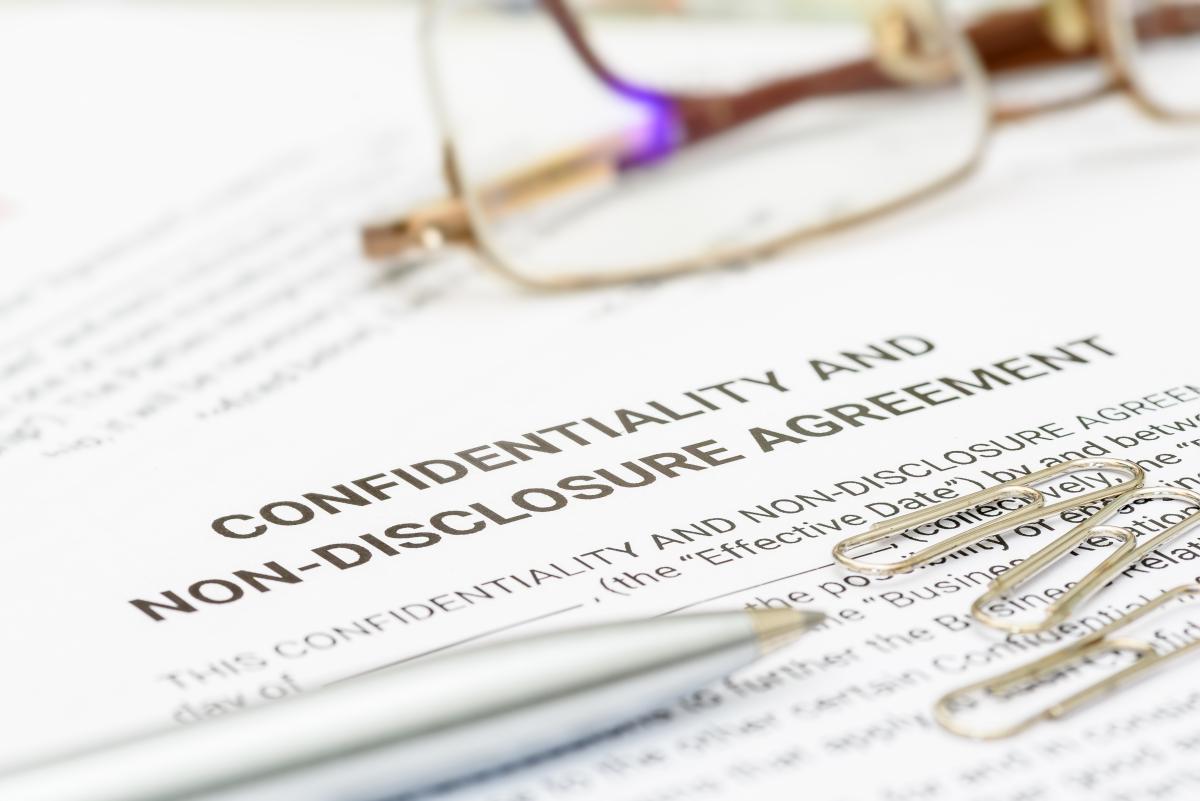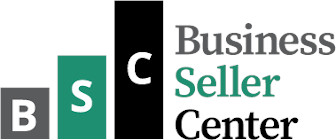|
|
Why Confidentiality is Critical During a Business Sale

Selling a business is one of the most significant steps a business owner can take. Unlike selling a house, where open marketing is the norm, the sale of a business has to be handled with discretion. Confidentiality is not just a best practice. It is one of the most important ways to protect both the Seller and the business itself throughout the process.
When word of a potential sale leaks too early, the ripple effects can be immediate and damaging. Employees may worry about job security and begin to look elsewhere. Even the rumor of a sale can create anxiety that lowers morale and reduces productivity. Some employees may decide to leave altogether, taking valuable knowledge and skills with them.
Customers are also sensitive to uncertainty. If they are unsure about continuity, they may hesitate to renew contracts, place new orders, or may even test competitors to secure their own stability. This hesitation can put strain on relationships that have taken years to build and that play a major role in the company’s value.
Competitors often notice when uncertainty is in the air. Some may see the opportunity to poach clients or staff. Others may quietly spread doubt about the company’s future to gain an advantage. At the same time, lenders and vendors might tighten credit terms or adjust their support, perceiving the situation as riskier than before.
These reactions increase risk, and whenever risk rises, value tends to fall. A controlled and confidential process is the best way to avoid these unnecessary disruptions.
From a Buyer’s perspective, stability matters. Buyers want to know that the business they are stepping into is intact, healthy, and operating as expected. If they see a company unsettled by rumors, confidence can erode quickly. What might have been a strong offer can shrink or even disappear.
Maintaining confidentiality allows the Seller to present the business in its best light. It keeps operations steady and reassures Buyers that what they are acquiring is a reliable and sustainable enterprise. This is why confidentiality is more than just a safeguard; it is also a tool that supports value and attracts stronger offers.
Brokers and advisors manage confidentiality with deliberate systems. Blind marketing keeps identifying information sealed until it is ready to be released. Requiring Buyers to sign non-disclosure agreements to access the unblinded information protects the Seller and their business while keeping Buyers accountable. A good Broker or advisor will vet prospective Buyers for their financial and experiential capabilities, to ensure quality offers and to minimize disruption to the Seller and the employees. Private data rooms, above and beyond the preliminary information, allow for tiered access to sensitive documents. Critical business information can be reserved for due diligence where only serious, capable Buyers who put forth strong offers will gain access.
Handled well, confidentiality balances the Seller’s need for discretion with the Buyer’s need for information. It keeps the business stable while also moving the deal forward. It gives both parties confidence that they are operating in a process that is professional, structured, and fair.
Confidentiality is not about secrecy for its own sake. It is about protecting relationships, preserving stability, and ensuring that value is not eroded by uncertainty. A confidential process allows everyone involved to focus on what really matters: reaching an agreement that benefits both Seller and Buyer.
Get in touch with The Business Seller Center to ensure confidentiality and protection throughout the sale process, so you can sell with confidence. When it comes to selling your business, there are no do-overs.



